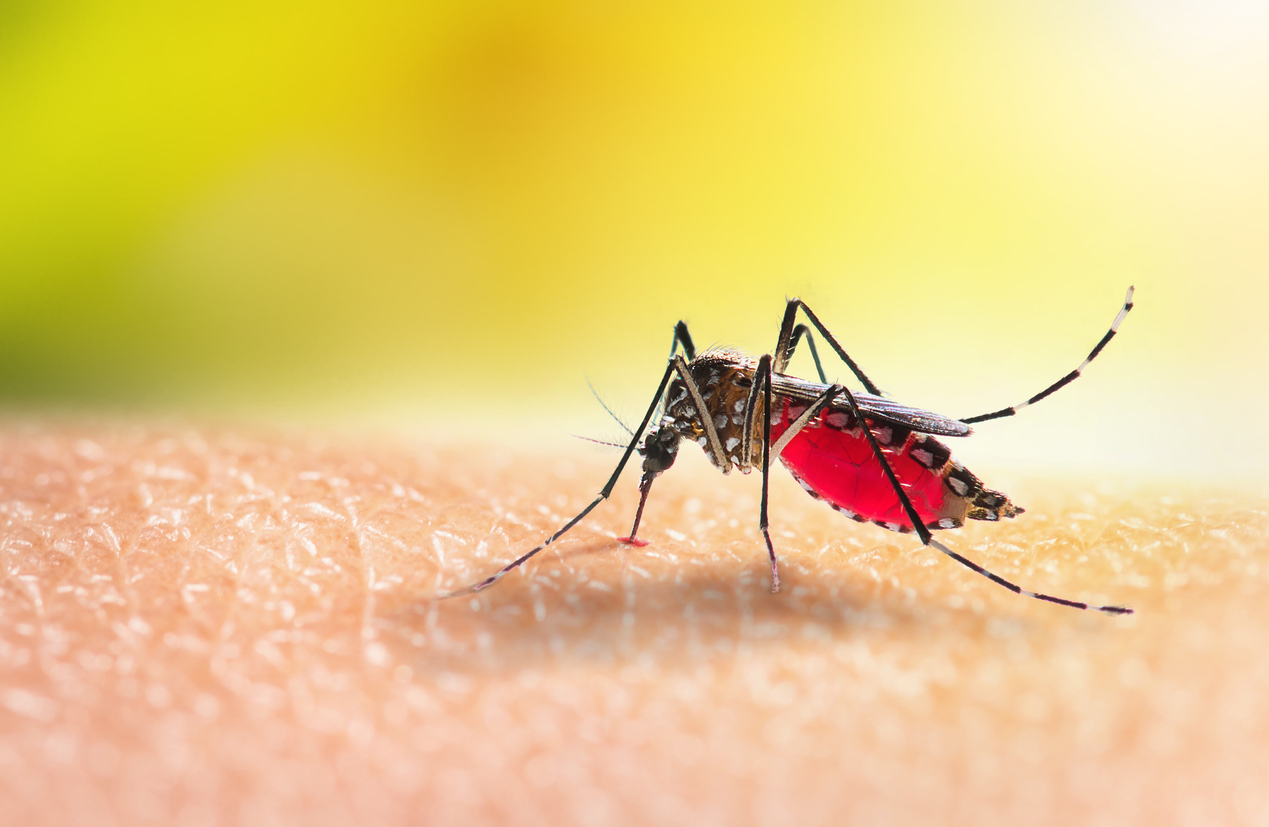Stay safe from mosquito-borne disease by preventing bites
With West Nile virus present in Texas, mosquito bites escalate beyond an itchy annoyance to a potentially deadly threat.
In response to the virus’s continued presence throughout the state and U.S., Texas A&M AgriLife Extension Service experts advise residents to be mindful of areas with reported cases in humans, birds, horses and mosquitoes.
Tracking data is available on the Texas Department of State Health Services, DSHS, website.
“Staying informed about local mosquito activity and taking preventive measures can help keep you and your family safe from the potential dangers of West Nile virus,” said Sonja Swiger, Ph.D., AgriLife Extension entomologist and professor in the Texas A&M College of Agriculture and Life Sciences Department of Entomology.
What are the symptoms of West Nile virus?
According to the Centers for Disease Control and Prevention, CDC, West Nile virus is the leading cause of mosquito-borne disease in the continental U.S.
Most people infected with West Nile virus do not experience symptoms. About one out of five infected people become ill with flu-like symptoms, and about one out of 150 infected people develop serious and potentially fatal illness from the virus.
Symptoms of West Nile virus disease in humans include:
- High fever.
- Skin rash.
- Fatigue.
- Headache.
- Neck stiffness.
- Disorientation.
- Muscle weakness.
- In extreme cases, convulsions, numbness, paralysis and coma.
Mild symptoms of West Nile virus disease typically last a few weeks, but fatigue, muscle weakness and joint pain can linger for months.
How does West Nile virus spread?
Swiger said West Nile virus is circulated in the environment between birds and mosquitoes in the Culex family, which are found throughout Texas.
Infected mosquitoes can spread the virus to humans, horses and some birds, leading to a range of disease symptoms and negative health effects. The virus cannot spread from person to person or between animals, except in rare cases of direct bodily fluid transmission like blood transfusions.
Vaccines are available to prevent illness in horses, but the only protection for humans is to prevent mosquito bites.
Protecting yourself and your family
Swiger recommends Texas residents stay vigilant of their surroundings to reduce the risk of transmission.
While mosquito populations generally boom following heavy rainfall, those that carry West Nile virus reach higher populations during dry conditions. Swiger said pooled water becomes stagnant and opportune for virus carriers to lay their eggs.
She recommends removing water from any items near households, such as flowerpots, buckets and wheelbarrows. Backyard pools that are not in use should be drained or covered as a precaution.
“Mosquitoes that transmit West Nile virus feed at dusk and throughout the night, having peak activity from 9 p.m. to 2 a.m.,” Swiger said. “If you can help it, avoid going out at those times as much as possible, and try to monitor mosquitoes coming inside late at night after taking pets out. While this mosquito is active outdoors at night, it will come inside the home in search of a blood meal.”
Light-colored long-sleeve shirts and full-length pants also help to protect against mosquito bites, along with repellents like DEET, picaridin, oil of lemon eucalyptus, IR3535 or 2-undecanone, which are registered with the Environmental Protection Agency and approved by the CDC to protect against biting mosquitoes.
Visit AgriLife Learn for more information about mosquitoes and the diseases they transmit.
PHOTO: Aedes mosquito is sucking blood on human skin. (Photo: iStock – panom)


